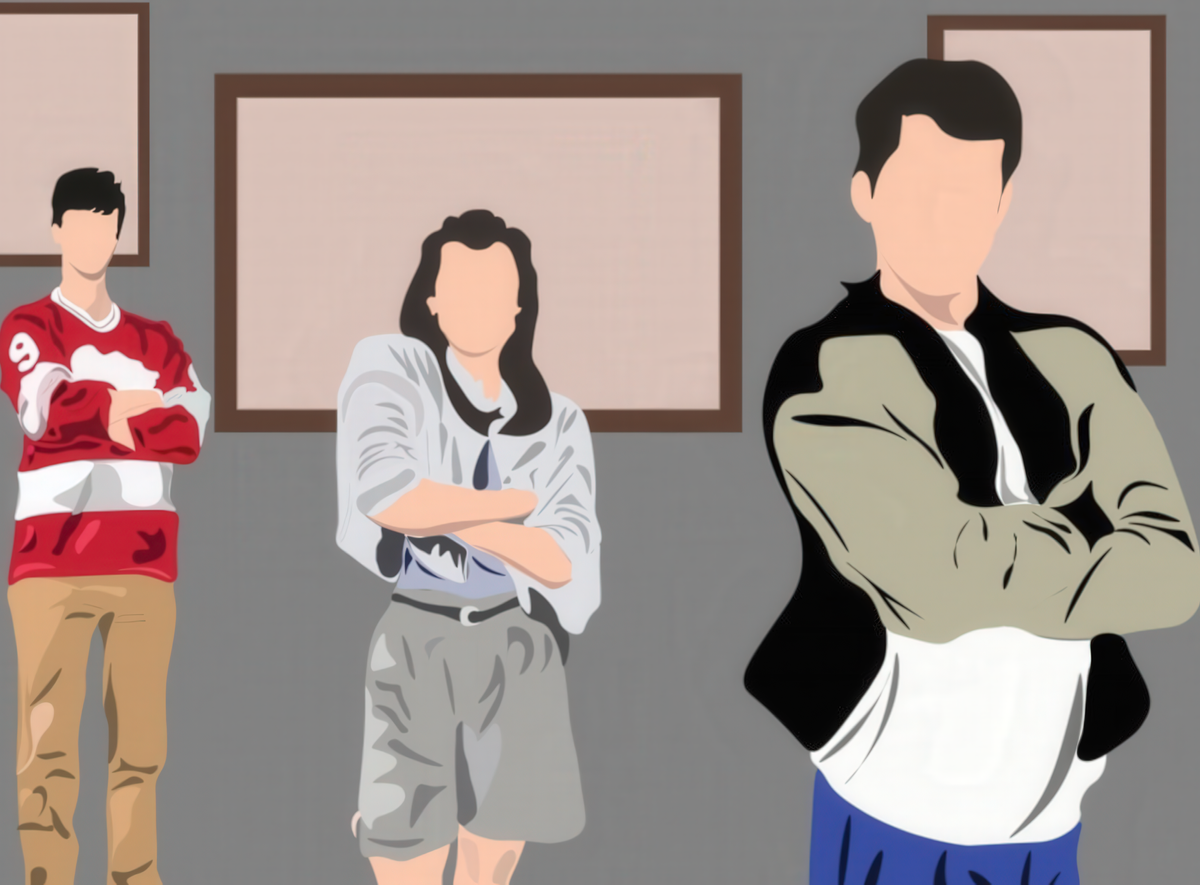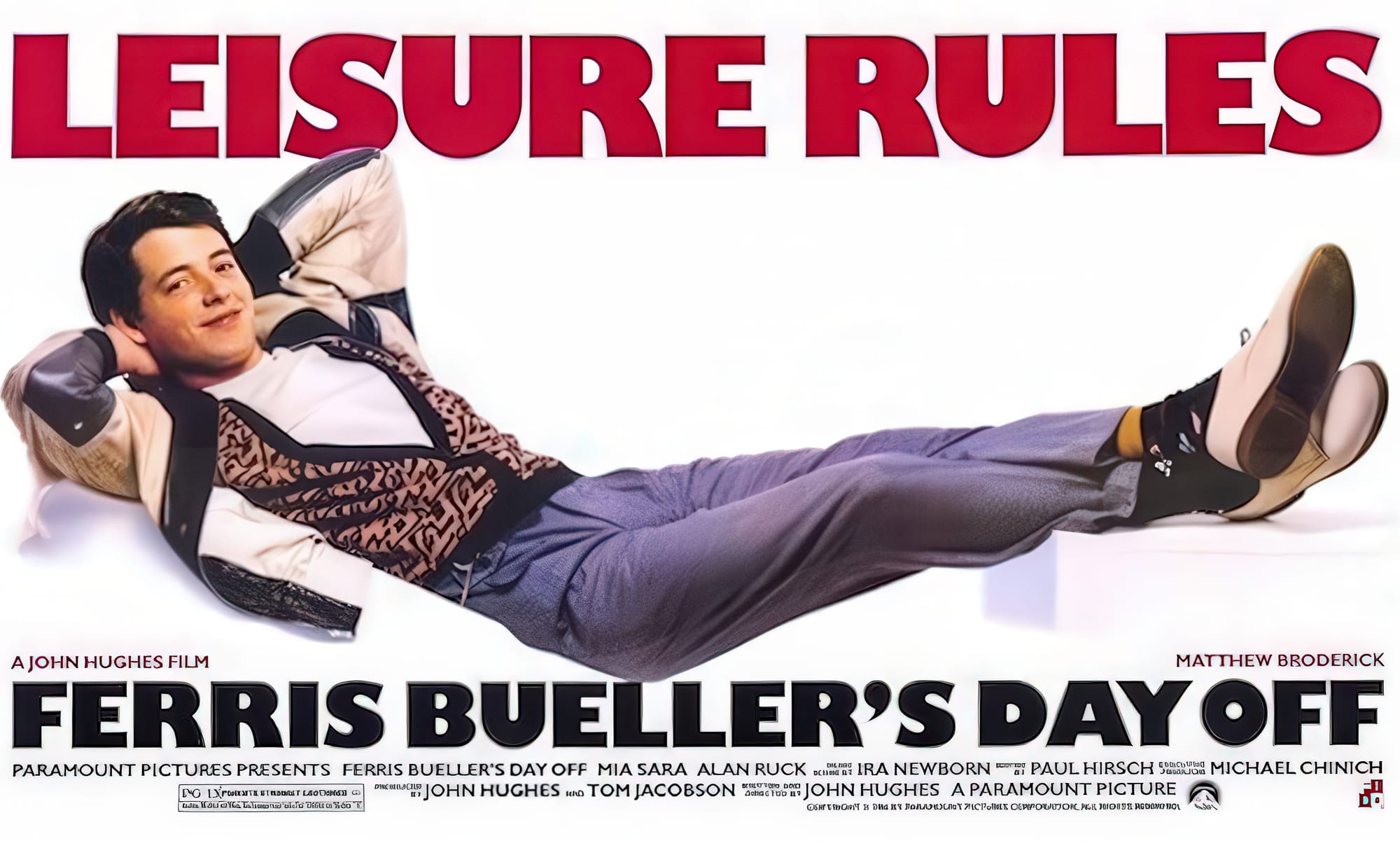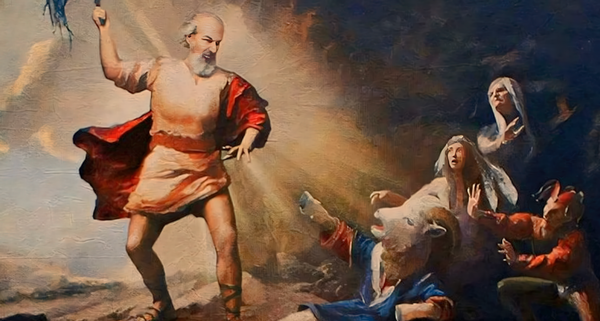The positive values of not taking life too seriously

Some movies entertain, some inspire, and some leave an imprint that lasts for decades. Ferris Bueller’s Day Off (1986) does all three, capturing the essence of youthful rebellion while delivering a life philosophy that resonates across generations. Written and directed by John Hughes, the film isn't just about a high school senior skipping class—it's about seizing the moment, embracing joy, and, most importantly, not taking life too seriously.
John Hughes: The Vision Behind Ferris Bueller
John Hughes was a master of creating films that defined a generation. From The Breakfast Club to Some Kind of Wonderful to Pretty in Pink, Hughes had an uncanny ability to tap into the emotions and experiences of youth. With Ferris Bueller’s Day Off, he set out to explore a character who embodied the philosophy of effortless enjoyment—someone who navigated life with charm and wit, untouched by the usual struggles of growing up.
Hughes conceived the idea for Ferris Bueller’s Day Off on February 25, 1985, and pitched it to Paramount Pictures the very next day. He wrote the script in less than a week, focusing more on character development and episodic events rather than a rigid plot structure. For Hughes, the film was more than just a comedy—it was a celebration of life, freedom, and Chicago.

A Love Letter to Life and Leisure
Ferris Bueller, played by Matthew Broderick, is not just a character—he’s an attitude, a way of life. He moves through the world with effortless charm and confidence, refusing to be bogged down by the mundane worries of school or authority. As Hughes himself stated, Ferris was designed to be someone for whom life comes easy, a counterbalance to the weight of everyday struggles. But his message is not about irresponsibility; rather, it's about the importance of enjoying life while we can.
The film's famous line, "Life moves pretty fast. If you don’t stop and look around once in a while, you could miss it," is more than just dialogue—it’s a philosophy. And Ferris embodies it perfectly, reminding us that sometimes, stepping away from obligations to experience joy can be just as valuable as fulfilling them.
A Perfect Cast for a Timeless Story
Hughes had a meticulous eye for casting, often preferring fresh or relatively unknown actors who could bring authenticity to their roles. He wrote Ferris Bueller’s Day Off with Matthew Broderick in mind, seeing him as the perfect blend of mischief and likability. While other actors, including Anthony Michael Hall, John Cusack, and even Jim Carrey, were considered, Broderick ultimately won the role, and it’s impossible to imagine anyone else as Ferris.
Mia Sara as Sloane Peterson exuded an effortless coolness and sophistication beyond her years, which is ironic given that she was only 18 at the time of filming. Alan Ruck’s portrayal of Cameron Frye provided the perfect contrast to Ferris, as a neurotic and hesitant best friend who desperately needed liberation from his own anxieties. Their chemistry was undeniable, making their adventure through Chicago feel as genuine as it was exhilarating.
Even the minor roles were perfectly cast—from the snooty maître d’ at the fancy restaurant to the carefree car parking attendants who take Cameron’s father’s Ferrari for a joyride. And of course, Charlie Sheen’s small but memorable appearance as a delinquent in the police station was a stroke of casting genius. The maître d’ at the upscale restaurant and the valet attendants were both scene-stealers, adding to the film’s effortless humor and charm.

The Day That Changed Everything
At its core, Ferris Bueller’s Day Off is about a simple yet profound idea: that breaking the routine and embracing joy is necessary for the soul. The trio’s adventure through Chicago—from visiting the Art Institute to catching a Cubs game—showcases the beauty of spontaneity.
Perhaps the most iconic moment in the film is the parade scene, where Ferris takes over a float and performs "Twist and Shout" by The Beatles. It’s a moment of pure joy, reminding us that sometimes, dancing in the streets for no reason is exactly what life calls for.
John Hughes saw Ferris Bueller’s Day Off as a love letter to Chicago, and it shows. The city is more than just a backdrop—it’s an active character in the film. Hughes captured not only the architecture and landscape but the spirit of Chicago, from the art galleries to Wrigley Field to the skyline views. Watching the film makes you want to visit Chicago, just to experience the excitement and energy Hughes so beautifully depicted.
A Deeper Meaning: Cameron’s Liberation
While Ferris is the driving force of the film, the heart of the story lies in Cameron’s transformation. Initially paralyzed by fear and controlled by his overbearing father, Cameron is the antithesis of Ferris. He overthinks everything, dreads consequences, and struggles with self-worth.
By the end of their adventure, Cameron has experienced something liberating. The moment he finally stands up to his father—symbolized by the destruction of the Ferrari—is not just about rebellion; it’s about breaking free from fear and reclaiming control of his life. Ferris' day off wasn’t just about having fun; it was about saving his friend from a lifetime of self-doubt.
The Soundtrack: A Perfect Reflection of Carefree Living
Music plays a crucial role in setting the film’s tone. Hughes curated an eclectic soundtrack that was as unconventional as it was brilliant. Songs like "Oh Yeah" by Yello, "Love Missile F1-11" by Sigue Sigue Sputnik, and "Beat City" by The Flowerpot Men* add a unique energy to the film, while Dream Academy’s instrumental cover of "Please Please Please Let Me Get What I Want" gives the Art Institute scene a dreamlike quality. Each track amplifies the film’s sense of carefree rebellion and joy.
The Legacy of Ferris Bueller
Nearly four decades after its release, Ferris Bueller’s Day Off remains one of the most beloved comedies of all time. It’s not just because it’s funny, or because Ferris is the kind of guy everyone secretly wants to be. It’s because the film speaks to a universal truth: life is meant to be lived, not just endured.
John Hughes crafted a film that is both a love letter to Chicago and an ode to embracing the present. It’s a reminder that no matter how busy or stressful life gets, we should always make time for joy, adventure, and friendship. Because in the end, things often have a way of working out—especially when we don’t take life too seriously.





